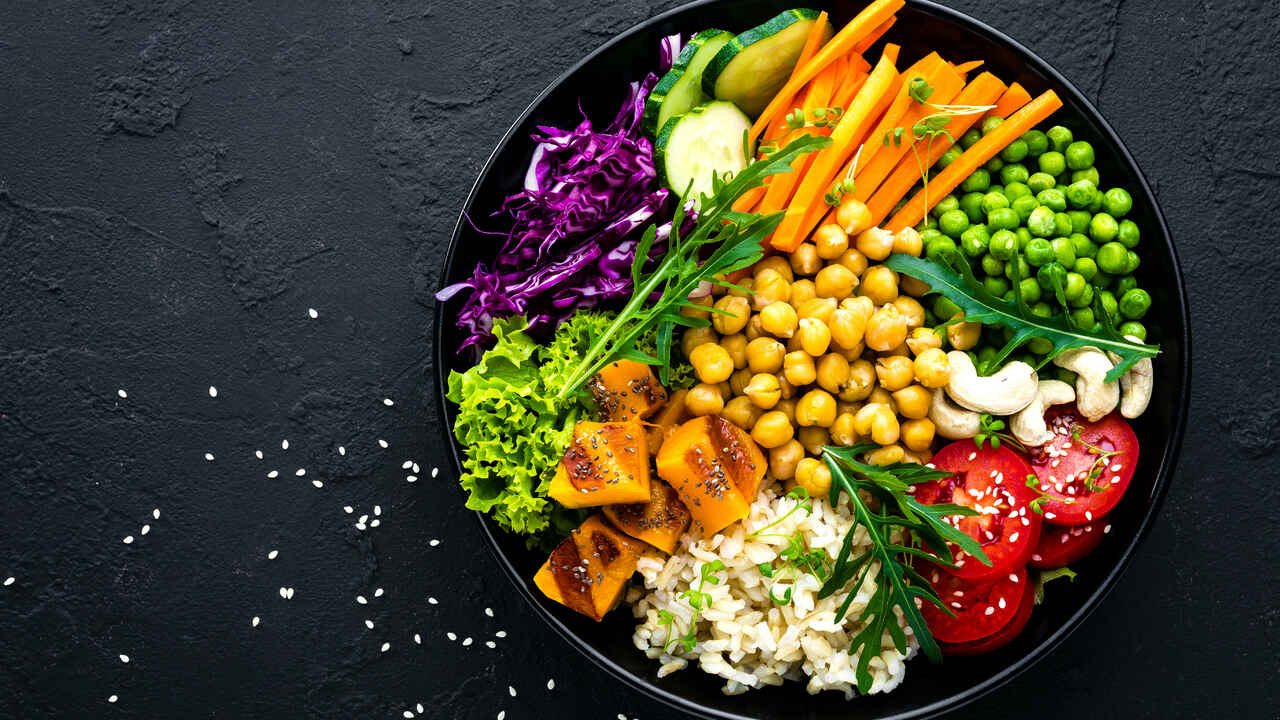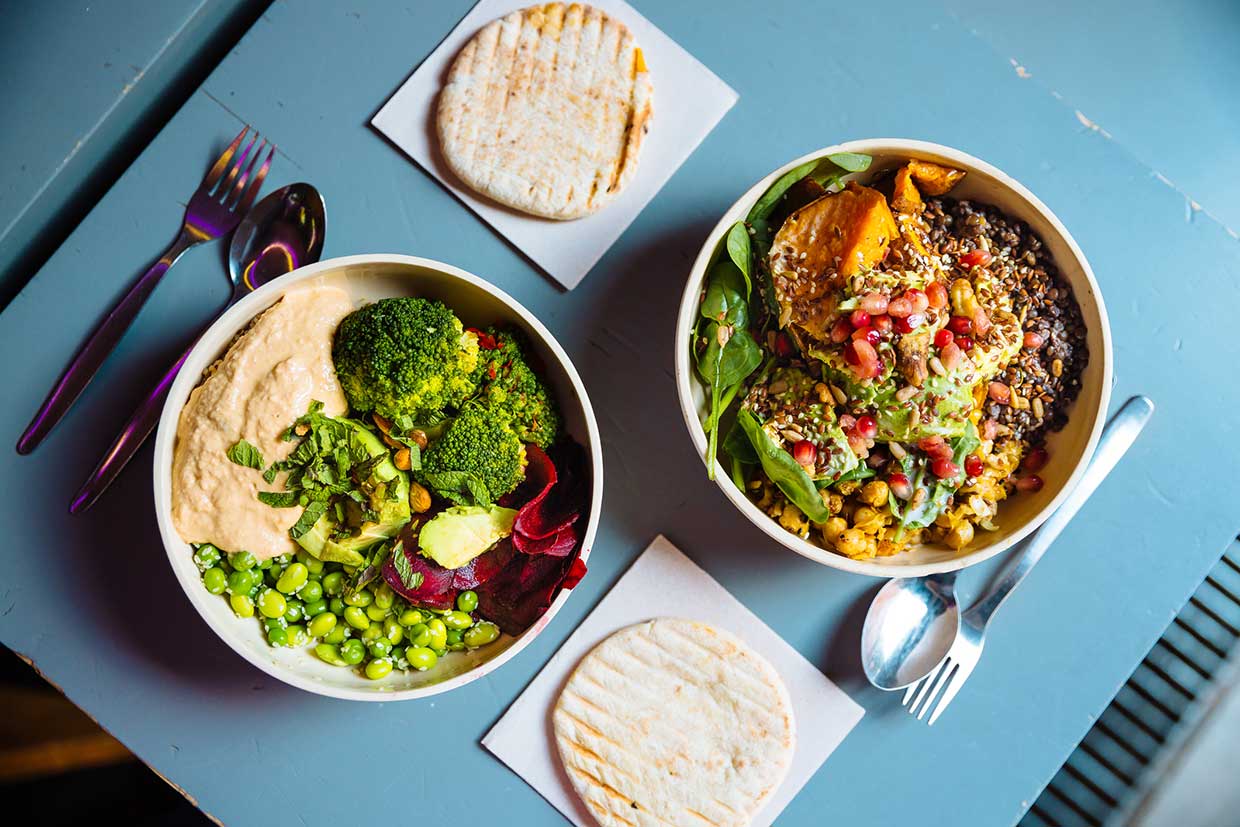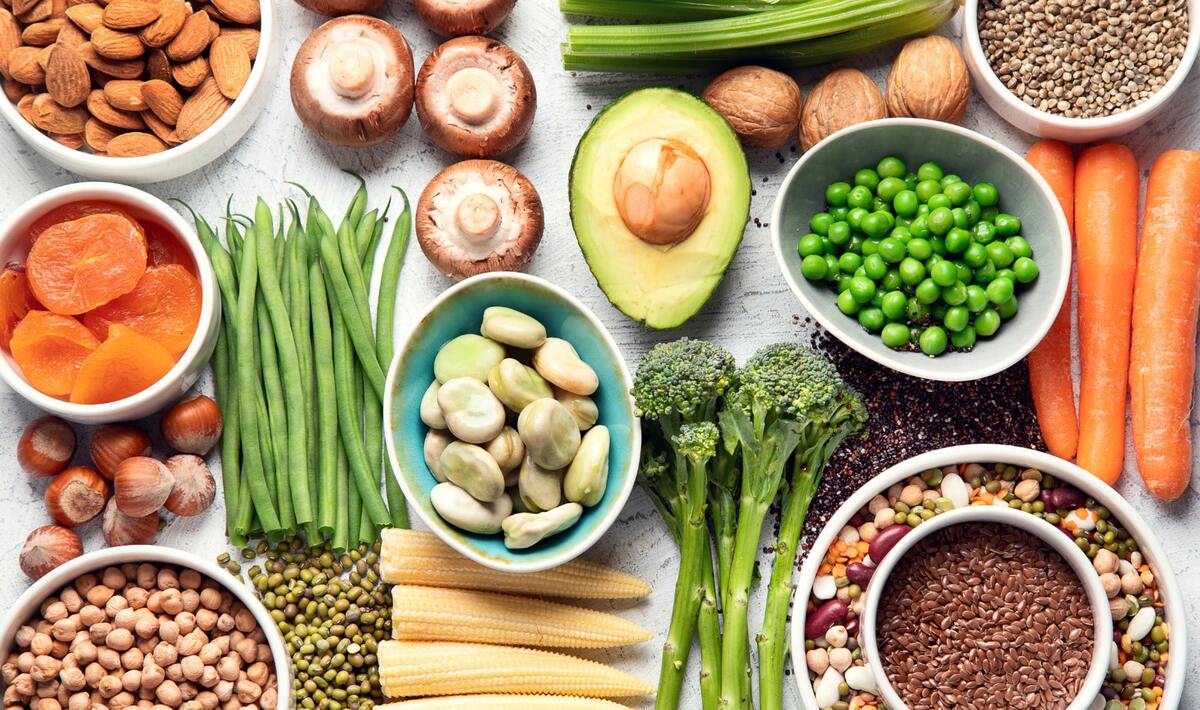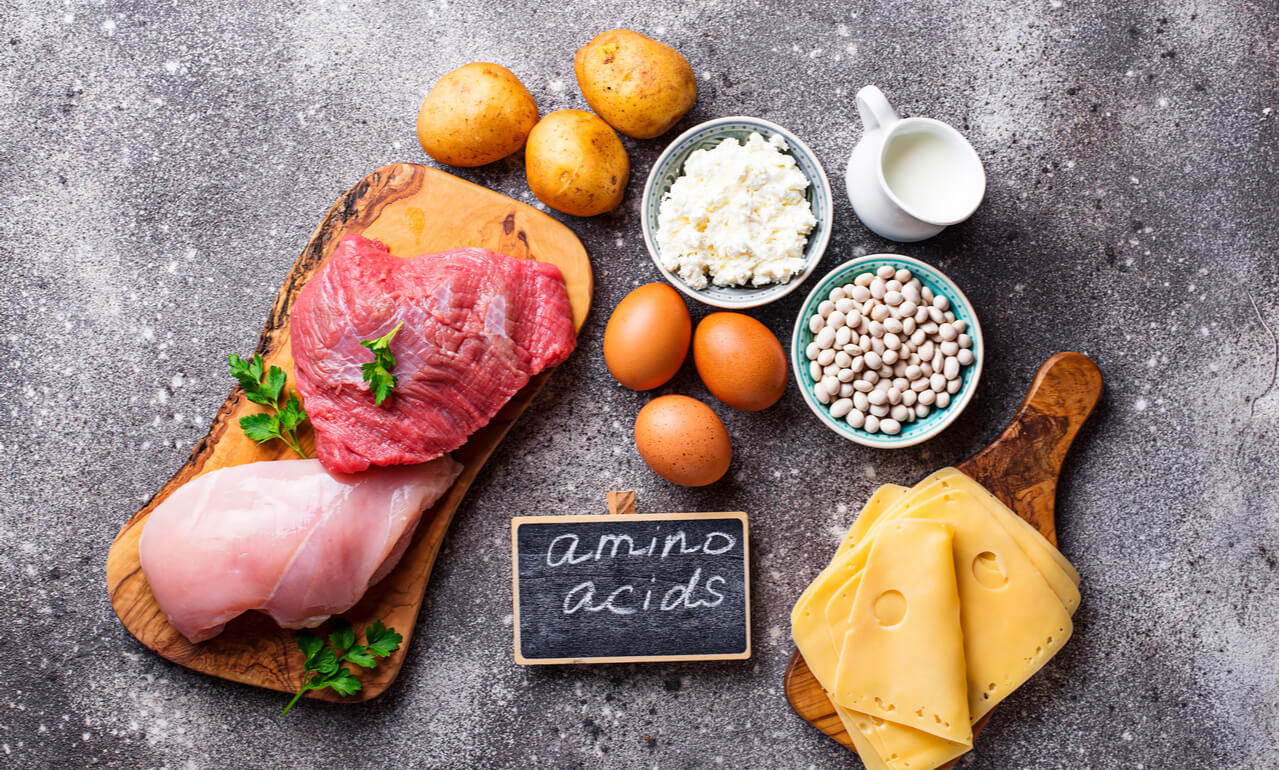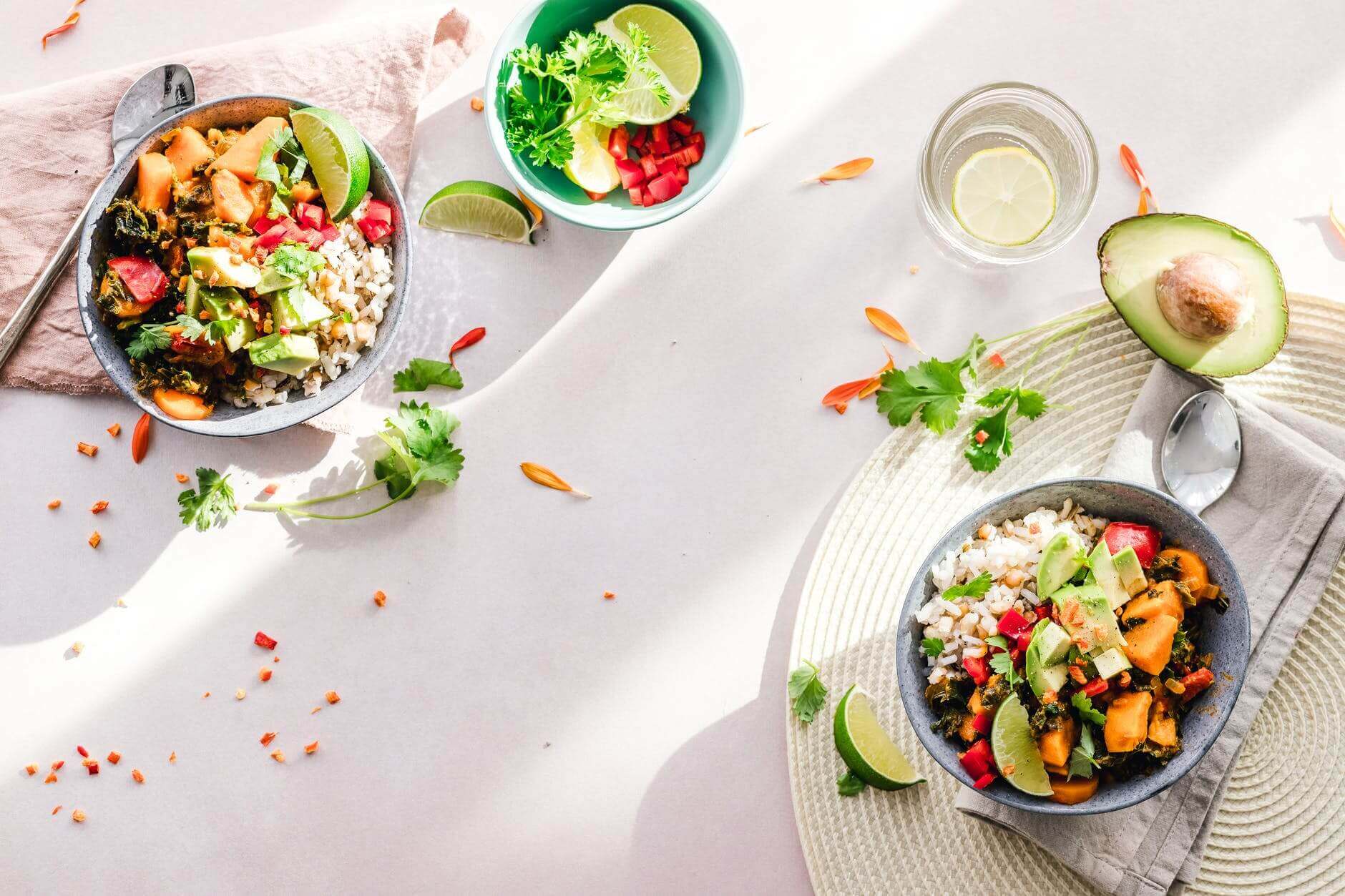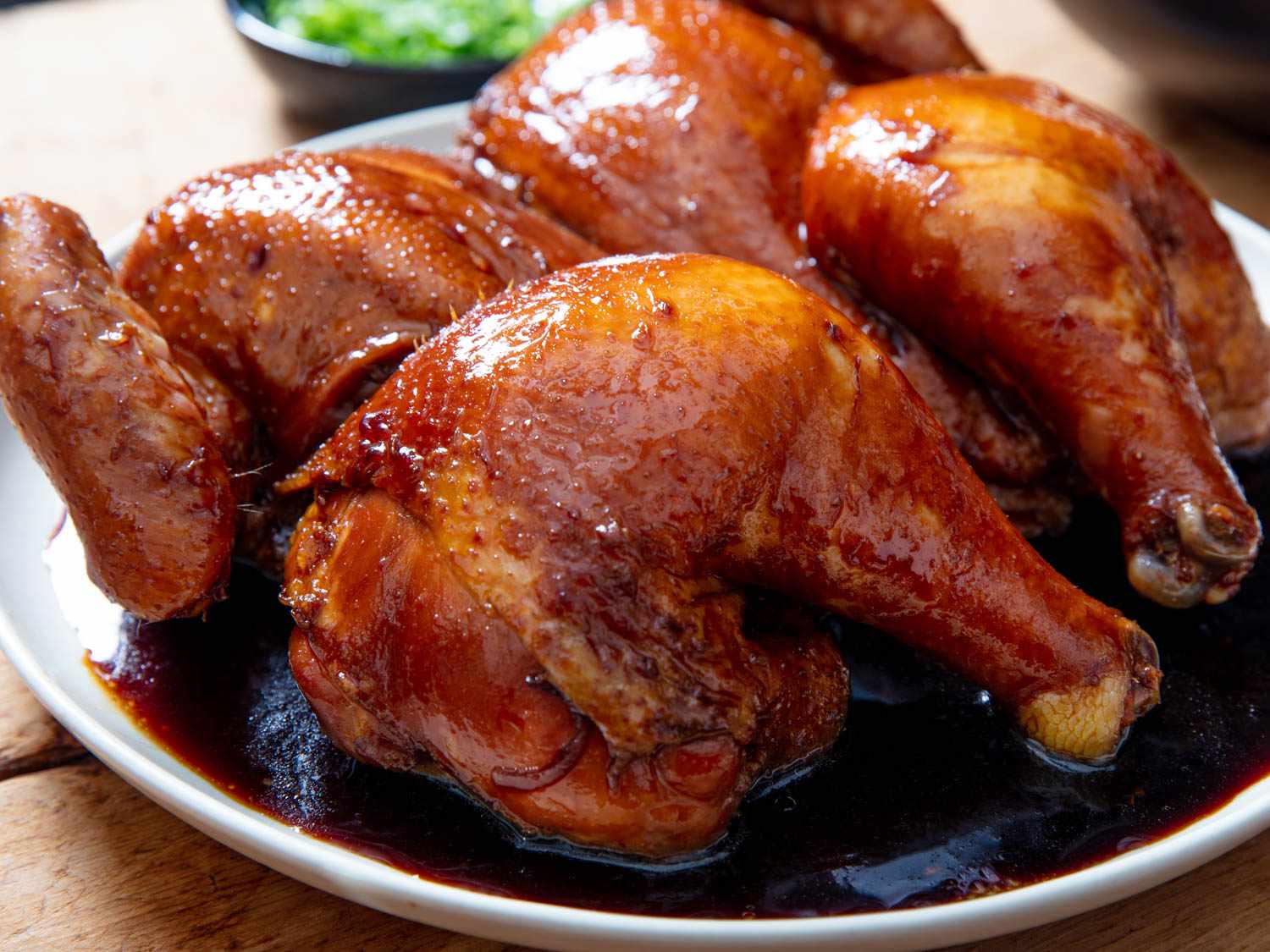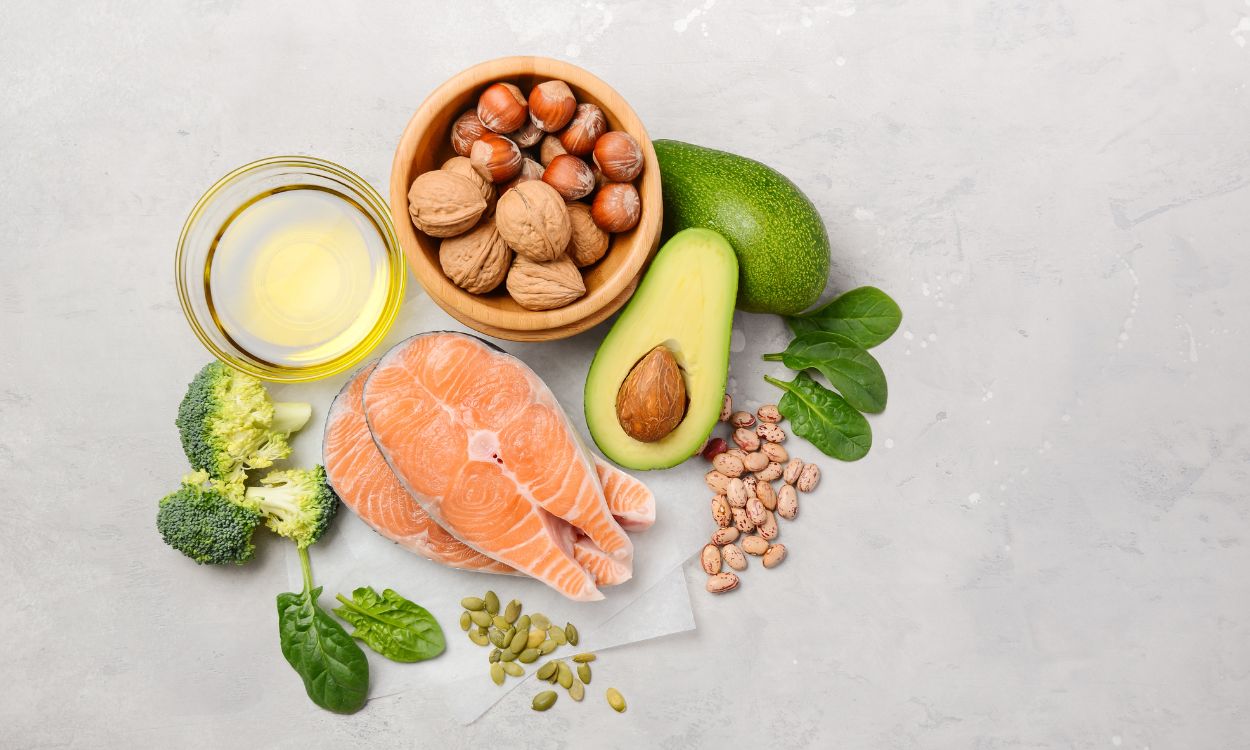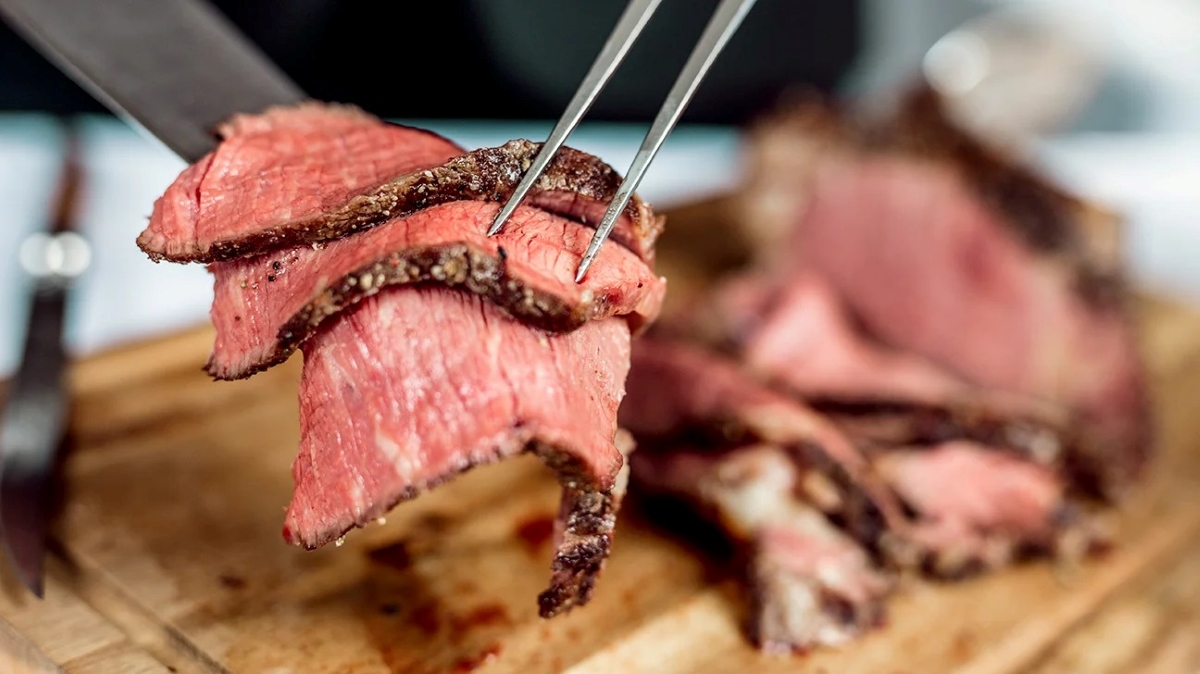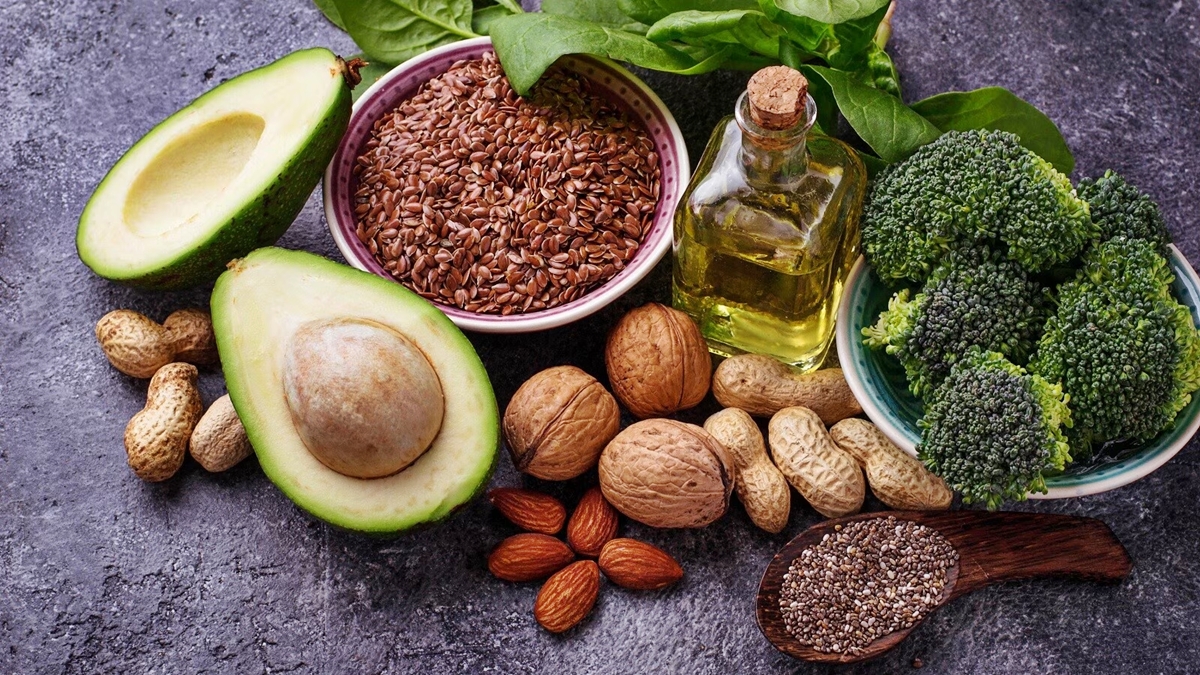A Balanced Diet For Vegans
Being a vegan is a lifestyle choice that promotes compassion towards animals and minimizes environmental impact. But many people often wonder if a vegan diet can provide all the necessary nutrients for optimal health. The answer is a resounding yes! With proper planning and a variety of plant-based foods, vegans can easily achieve a balanced diet that meets all their nutritional needs. Let’s explore some key points to consider when following a vegan diet.
1. Plant-Based Protein Sources
Protein is an essential nutrient for building and repairing tissues in the body. For vegans, it’s important to include a variety of plant-based protein sources such as:
- Legumes like lentils, chickpeas, and black beans
- Quinoa, a complete protein grain
- Tofu, tempeh, and other soy products
- Nuts and seeds like almonds, chia seeds, and hemp seeds
By including these protein-rich foods in your meals, you can easily meet your daily protein requirements and maintain muscle health.
2. Essential Vitamins and Minerals
A balanced vegan diet should also include a variety of fruits and vegetables to provide essential vitamins and minerals. Some key nutrients to pay attention to are:
- Vitamin B12: Since this vitamin is mainly found in animal products, vegans should consider fortified foods like plant-based milk or take a B12 supplement.
- Iron: Plant-based iron sources include spinach, lentils, and tofu. Consuming vitamin C-rich foods like citrus fruits can enhance iron absorption.
- Calcium: Good plant-based sources of calcium include fortified plant-based milk, tofu, kale, and broccoli.
- Iodine: Vegans can obtain iodine from seaweed, iodized salt, or supplements.
By incorporating a variety of colorful fruits and vegetables into your meals, you can ensure you’re getting a wide range of essential nutrients.
3. Healthy Fats
Fats are an important energy source and aid in the absorption of fat-soluble vitamins. Include healthy fats in your vegan diet, such as:
- Avocado
- Nuts and seeds
- Olive oil
- Coconut oil
These fats not only provide essential nutrients but also add delicious flavors to your meals. Just remember to consume them in moderation, as they are calorie-dense.
4. Fiber-Rich Foods
Fiber plays a crucial role in digestive health and helps maintain a healthy weight. Include high-fiber foods like:
- Whole grains like quinoa, brown rice, and oats
- Legumes
- Fruits and vegetables
These fiber-rich foods will keep you feeling satiated and contribute to a well-functioning digestive system.
5. Hydration
Staying hydrated is an often overlooked aspect of a balanced vegan diet. Make sure to drink plenty of water throughout the day and consider incorporating herbal teas or infused water for added flavor.
Remember, balance is key when following a vegan diet. It’s important to listen to your body and make adjustments as necessary. If you have any concerns about meeting your nutritional needs, consulting a registered dietitian who specializes in plant-based eating can provide you with personalized guidance.
In conclusion, a vegan diet can absolutely provide a balanced and nutritious way of eating. By incorporating a variety of plant-based protein sources, essential vitamins and minerals, healthy fats, fiber-rich foods, and staying hydrated, you can thrive on a vegan lifestyle while promoting a sustainable planet.
